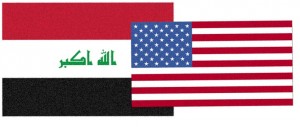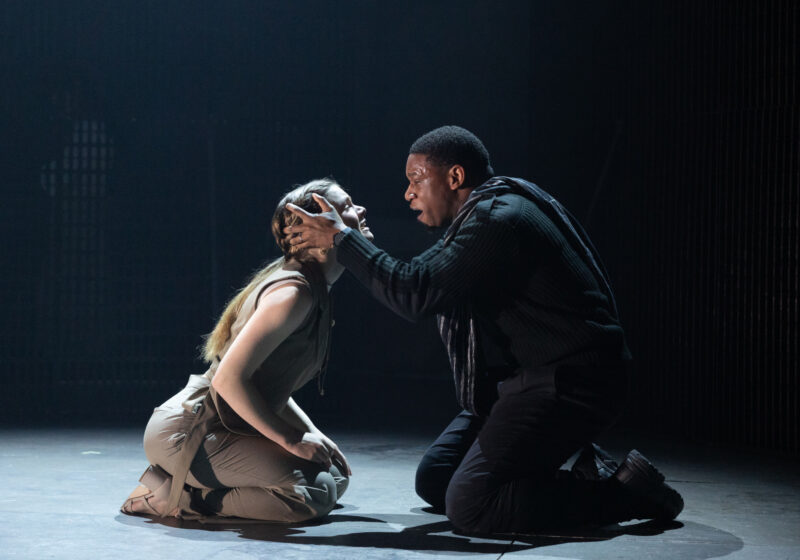
Drue Sokol, Photo Editor. Flags courtesy of cia. gov
The eye of the hurricane is always calmest, but even the most halcyon existence eventually comes into contact with debris hurled by the storm around it. Thus it is often forgotten that in the ten years preceding the horrific events of September 11, 2001, large parts of the world were being battered by storms.
Take one particularly salient example: Iraq. Between 1991 and 2001, the imposition of US-led sanctions meant that slightly more than half a million children under the age of five starved to death. Add the deaths of Iraqis five or older and the figure reaches ten thousand per year in a country of 31 million.
It seems like those ten years of pure hell absconded from our notebooks because the shrill denunciations that emerged on September 12 were completely ahistorical. Newspapers, journals and books all asked, “Why do they hate us?” Explanations proffered: The Arab mind. Islamofacism. A culture of hate. But from Baghdad, things look a bit different. From there it’s evident that a higher melanin count doesn’t engender democracy-envy or congenital moral defects. Jean-Paul Sartre, a Frenchman who lived in a similar society facing a similar crisis not too long ago, wrote, “our victims know us by their wounds and shackles…” This is how most Iraqis and the rest of the Arab world understand American power — at the barrel of a gun.
So perhaps there is nothing mysterious or exotic about anti-Americanism in the Arab and Muslim world, and it is certainly not endemic in Arabs or Muslims. Rather, it is a response to the perceived cruelty and unaccountability of American military and political might.
I inserted “perceived” above not because this is in any way a justification of the abhorrent acts of a few enraged men, but because we are responsible for what happens next. Will we continue to cheer as our politicians rearrange the rubble of Iraq from the aerie of a B-52 bomber? That would be a dangerous mistake.
When former Secretary of State Madeleine Albright was asked about half a million dead babies in Iraq, she responded, like a true sociopath: “We think the price is worth it.” How cruel. How shameful. How easy it must have been for her to blame her victims. How difficult it must have been for an Iraqi mother who lost her children to swallow those words.
Over the last two decades the U.S. has been responsible for over 1.5 million Iraqi deaths, or one September 11 every three weeks for 20 years. And all this in one country. Suddenly it is not so difficult to imagine why some desperate souls would succumb to the politics of reactive violence.
Most Americans are either against our government’s thuggery or apathetic to it. But if we do not protest loudly enough, if we do not take visible steps to depose those who sic their drones on peasants, it will be difficult to blame Arabs or Muslims for not seeing us in a positive light.
Over the next three months Obama and Romney will spar over who has the potential to become the more bloodstained general. The “winner” (they’ve both already won) will shovel our tax money — billions that should be going toward our loved ones’ healthcare, our children’s educations, preservation of parks, etc. — into the turgid coffers of Lockheed Martin, Boeing and General Dynamics. Not that it will be presented to the public in this way. Instead, this Tuesday, they will both cry crocodile tears, exhorting us to “honor” September 11 by once more collectively dipping our hands in incarnadine ink and signing our souls away for another four years.
Either way, come November, the merchants of death will sail away on their yachts. As for the rest of us in Baghdad and Rochester? We’ll cope. Until we decide not to.
Boianov is a Take Five Scholar.





